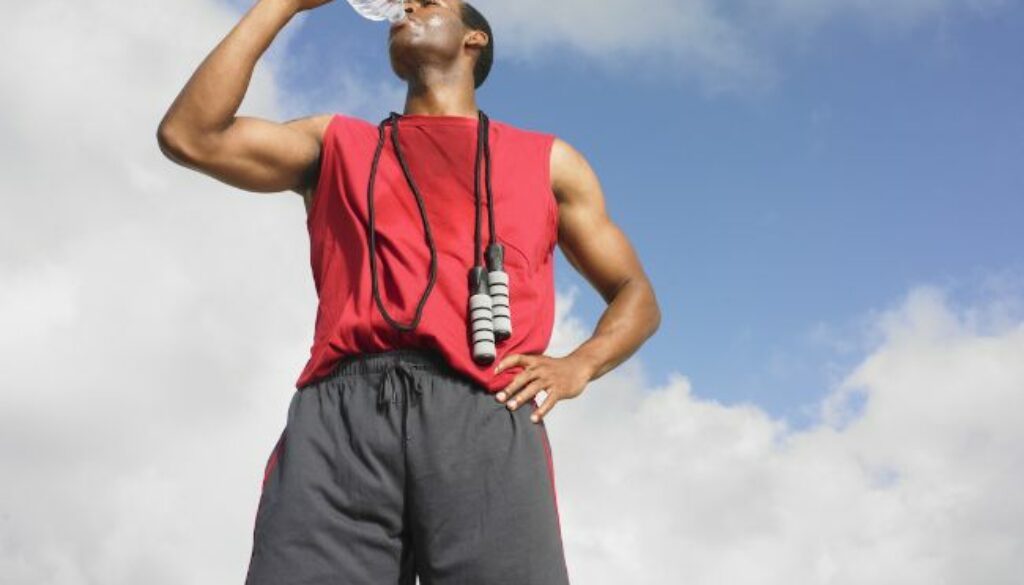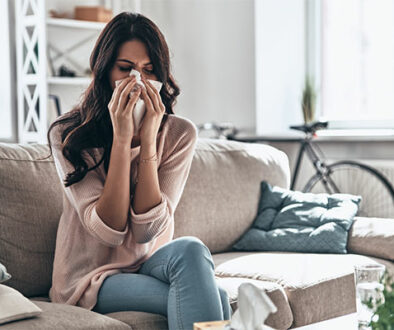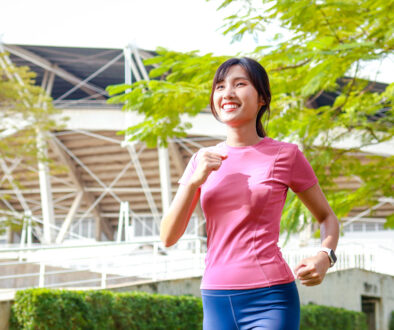Ten Ways To Stay Hydrated This Summer
“Ah, summer, what power you have to make us suffer and like it.”
– Russell Baker, American journalist
The long, sunny days and breezy nights of summer beckon us to enjoy the outdoors. Biking, swimming, and water sports headline the top of the “to-do” list. Watching the surf while strolling along the beach or exploring hiking trails become the national past time. But summer also brings heat waves, and the dash of extreme weather this past June was a sobering reminder of the importance of staying hydrated during the summer months. Extreme heat caused 7,415 deaths between 1999 and 2010, according to the Centers for Disease Control.
The key to staying safe this summer? Staying hydrated. The key to staying hydrated? That’s where the following tips will come in handy:
1. DRINK WATER – AND LOTS OF IT
Drinking plenty of water remains the #1 way to stay hydrated in the summer. Be sure to drink more water than usual and schedule regular “water breaks” during the day.
2. BE AWARE OF HOW MUCH YOU SWEAT
Sweat is the way your body cools itself (remember that it is not sweating that cools the body, but the evaporation of sweat.) The more you sweat, the more fluids you’ll need to replenish. It is not unusual for athletes running football drills to lose 5 pounds or more of sweat during practice.
3. KNOW HOW MUCH WATER YOU NEED
The elderly and those who have diabetes or heart disease may need more water to remain hydrated than others. If you have certain health conditions, be sure to speak with your doctor about any special precautions you should take to avoid dehydration.
4. CHECK YOUR URINE
The color of your urine is a key indicator of how much water you need, and it can be a warning sign of dehydration. Urine should be pale yellow and clear. If it’s darker, you could be dehydrated.
5. AVOID ALCOHOL
While a cold beer is tempting on a hot, summer afternoon, alcohol can actually cause you to become more dehydrated. If you are drinking during a heat wave, do so in moderation, and be sure to drink extra water to compensate.
6. CAFFEINE?
We added the question mark for a reason. For years, people were warned about the dehydrating effects of caffeine. Caffeine is a diuretic (meaning it causes you to go to the bathroom more often), and the concern was that drinking sodas, coffee, and other caffeine-filled treats would have a detrimental effect. According to studies by the University of Connecticut, that’s not necessarily the case. Research has shown that the body does retain some of the hydrating fluid in caffeinated drinks. So, why did we include the question mark? While caffeine is not taboo, it still doesn’t have the hydrating benefits of water.
7. ADJUST YOUR EXERCISE
Exercise is an important component of your physical health, and you shouldn’t abandon it when the temperature rises. However, there are some precautions you can take that will help you avoid dehydration: Exercise during cooler times of day, or exercise indoors. Ease into your exercise program and pace yourself, particularly if there is a heat wave. Speak to your doctor if you plan on doing extensive exercise outdoors.
8. TAKE COOL SHOWERS OR BATHS TO COOL DOWN
Although sitting in a cool bath doesn’t hydrate you, it does keep you from sweating as much, which in turn keeps you from losing fluid.
9. EAT FOODS THAT HAVE A HIGH WATER CONTENT
Certain fruits are ideal for this, and eating them helps you avoid some of the additives that are frequently found in juice drinks. On average, an apple is 84 percent water, whilst cantaloupes and peaches both contain 89 percent water. This does not apply to dried fruit.
10. SPORTS DRINKS
Yes, there are times when sports drinks can help you replace nutrients and fluids that you have lost during exercise. While they do help with hydration, water remains the best choice. If you do use sport drinks, check the label to be sure you’re not getting excessive amounts of sugar or additives. Your doctor or a certified exercise specialist may be able to help you.
Staying hydrated and following the ten tips outlined above can help you avoid heat-related illnesses that are common during the summer. Information on symptoms of common heat-related illnesses and useful information on extreme heat can be found on this Centers for Disease Control webpage.




